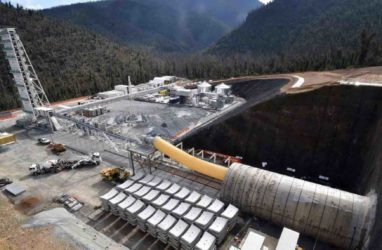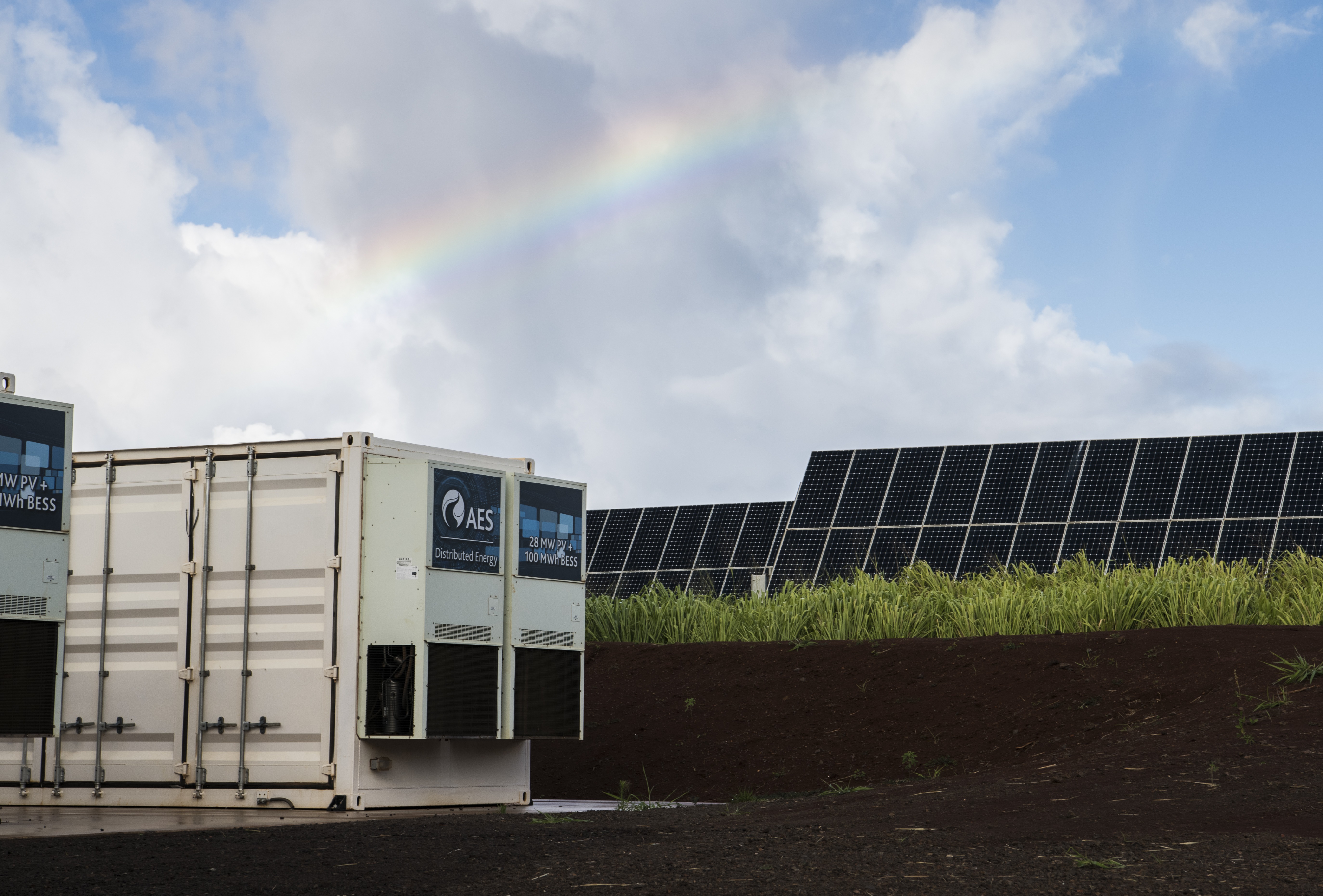Canada's natural gas market is facing unprecedented challenges as production issues at the country's inaugural LNG export facility have led to a dramatic oversupply, driving benchmark prices to record lows. The situation underscores a critical vulnerability in the energy sector, where operational setbacks at key infrastructure can have cascading effects on market dynamics. As the LNG Canada plant in Kitimat grapples with these production hiccups, the implications extend beyond immediate pricing; they signal potential long-term shifts in investment and operational strategies within the Canadian energy landscape. The current scenario raises questions about the resilience of supply chains and the readiness of infrastructure to meet both domestic and international demand.
The key takeaway from this crisis is the urgent need for enhanced operational reliability and strategic planning within the LNG sector. Stakeholders must prioritize addressing the underlying issues that led to the production disruptions to restore market confidence and stabilize prices. Furthermore, this incident highlights the importance of diversifying energy portfolios and investing in robust infrastructure to mitigate risks associated with supply fluctuations. As Canada navigates these challenges, the lessons learned could shape future policies and investments, ultimately influencing the trajectory of the country's energy transition and its role in the global market.





